Fall 2021 Courses
100 Level Courses
HI 125 American Colonial History
Eric Morser | 3 credits
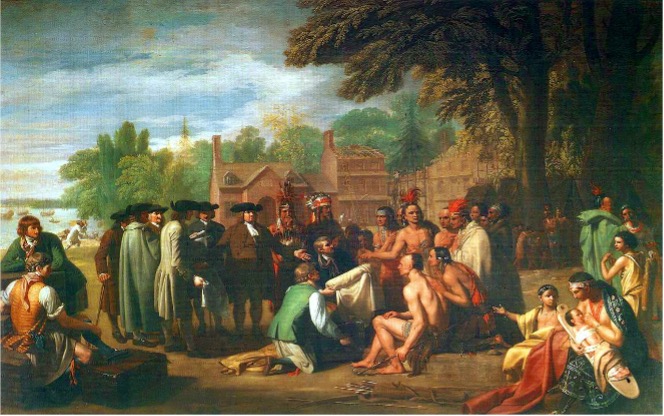
An exploration of the complex and contexted history of colonialization in North America. Students will focus on contact and conflict among different peoples, the ongoing struggle among Europeans and indigenous powers for domination of the continent, the critical importance of slavery in crafting the North American colonial experience, the rich cultural diversity that defined colonial life, and the trans-Atlantic events that paved the way for the American Revolution.
Note(s): Fulfills the Social Sciences requirement.
HI 146 Survey of the Middle East, c.600-1500
Murat C. Yildiz | 3 credits
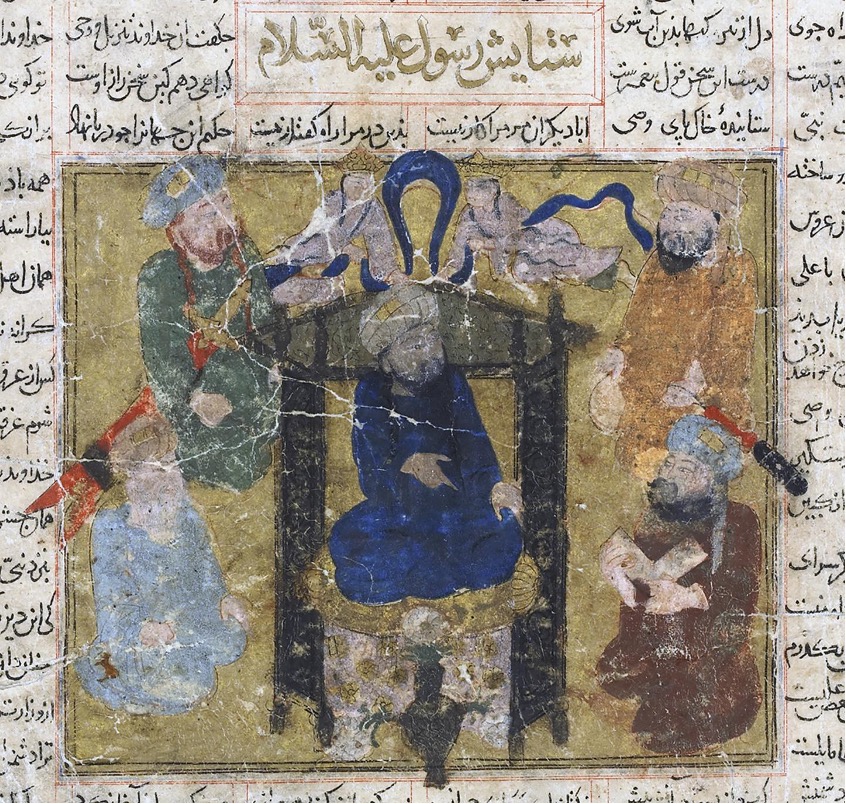
This course is a survey of the Middle East, from late antiquity to the early modern period. It combines a chronological and thematic examination of social, political, and legal institutions, scientific, philosophical, and scholarly ventures; the impact of invaders; conversion; and, religious, political, and economic interactions. By examining cities, such as Aleppo, Baghdad, Cairo, Constantinople, Cordoba, Esfahan, and Shiraz, as well as areas, such as the Mediterranean basin, over the course of a thousand years, the course challenges the notion that there was one physical center to the Middle East. Through a close reading of historiographical debates and primary sources, students will examine the circulation of people, ideas, goods, and practices across space and time.
Note(s): Fulfills Social Sciences and Non-Western Culture requirements.
HI 111 Topics In Latin American History
Anyeline Mejia-McDonald | 3 credits
Topically organized cours based on problems and issues of special interest at the introductory level. The specific themes to be examined will vary from year to year.
Note(s): This course with a different topic may be repeated for credit. Fulfills Social Sciences requirement. Fulfills Humanistic Inquiry.
200 Level Courses
HI 203 Rise of Athens
Randall Ford | 3 credits

A study of Greece with a focus on Athens from the Mycenaean age to the outbreak of the Peloponnesian War. Students examine the heroic age, the development of the city-state, the origins of democracy, the nature of imperialism, intellectual and cultural achievements, economic conditions, and family life. Special emphasis is give to the study of the ancient sources: literary, historiographic, archaeological, and numismatic.
Note(s): Fulfills Social Sciences requirement. Fulfills Humanistic Inquiry.
HI 211 Deconstructing Britain
Tillman Nechtman | 3 credits

Explores the history of Britain from the 16th century to the present, exploring new ways of approaching the historical narrative of the British nation. Beginning with early English engagements with the wider world and tracing the rise of Britain as one of the world's foremost imperial powers in the 18th and 19th century, students will examine Britain's self-assured sense of global power through many different sets of eyes, thus investigating how Britain looked to those who lived under its shadow – including Indian travelers, African sailors, and Native American traders. Readings will explore the ways in whiich the British nation, and indeed British history, have been driven by British imperialism around the globe. Ends by asking questions about the post-imperial history for citizens of a nation that was once predicated on its imperial identity.
Note(s): Fulfills Cultural Diversity and Social Sciences requirements.
HI 247P History of Modern Japan
Jenny Day | 4 credits
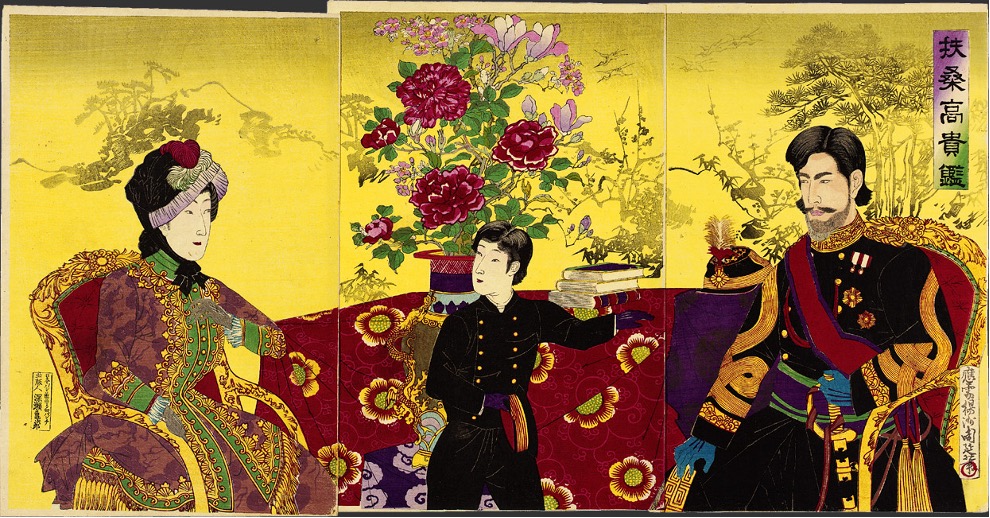
An examination of the historical transformation of the Japanese archipelago from a feudal society to a modern state and imperial power and to a postwar economic giant and a "bubble economy" in the 1990s. Students will explore how Japanese women and men have transformed elements of other cultures to create forms of government, society, and the arts that are uniquely Japanese. Sources include a diary, short stories, legal documents, and films.
Note(s): Fulfills Non-Western Culture and Social Sciences requirements.
HI 259P Communism and Anti-Communism
Jennifer Delton | 4 credits
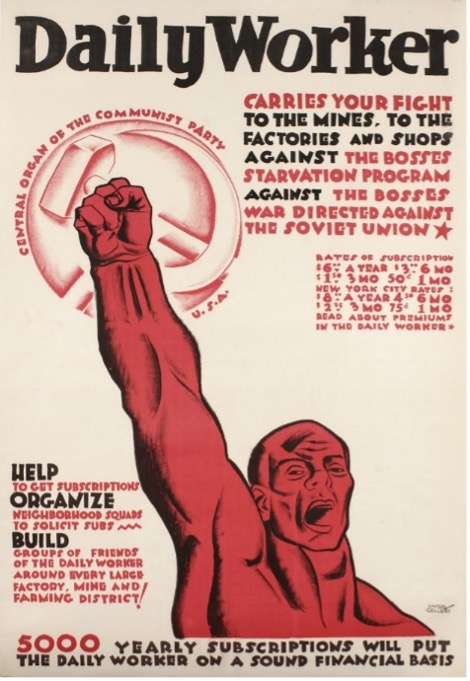
Perhaps the only American political party devoted to the destruction of capitalism, the Communist Party USA provides a unique opportunity to investigate the possibilities and limits of political radicalism in the 20th century.
This class examines the history of the Communist Part in America (CPUSA): its connections to Moscow, its contributions to social, racial, and economic progress, its appeal to intellectuals, and its effects on the American left in the 1920s-60s. The course also examines the history of anti-communism during the same period – the two are inextricably connected – including European critiques of Communism, liberal anti-communism, and the phenomenon known as McCarthyism.
The fourth credit hour will consist of a variety of films, both documentary and feature, about the Communist Part and McCarthyism.
HI 264P American West
Eric Morser | 4 credits
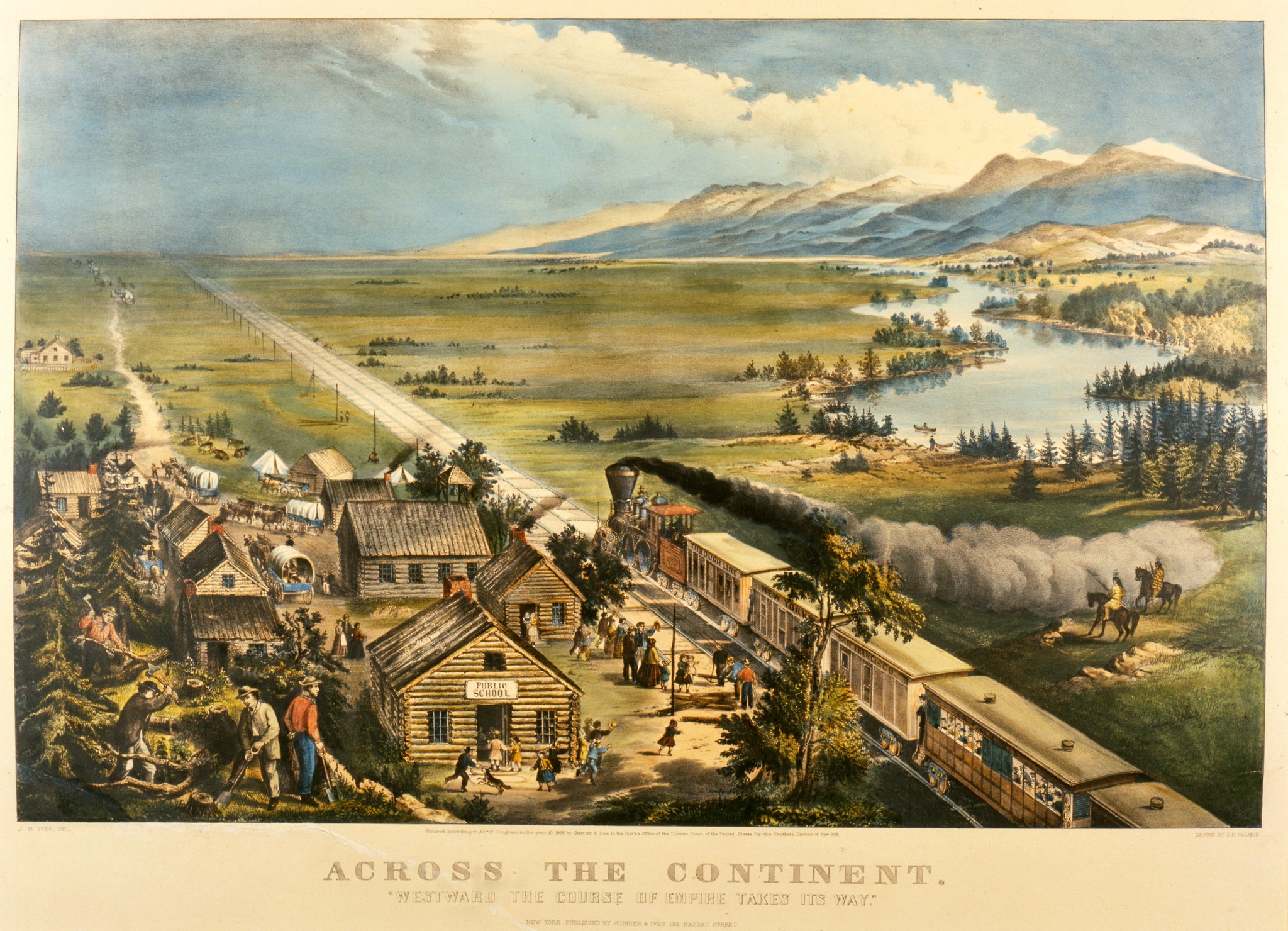
An exploration of the complex and contested history of the American West. Key themes include contact and conflict among different people on the western borderlands, western migration and settlement, the role of government in the West, ongoing frontier conflicts over control of natural resources, and links between the West and American identity.
Note(s): Fulfills the Social Sciences requirement.
HI 275 Introduction to the History Major
Jennifer Delton | 1 credit
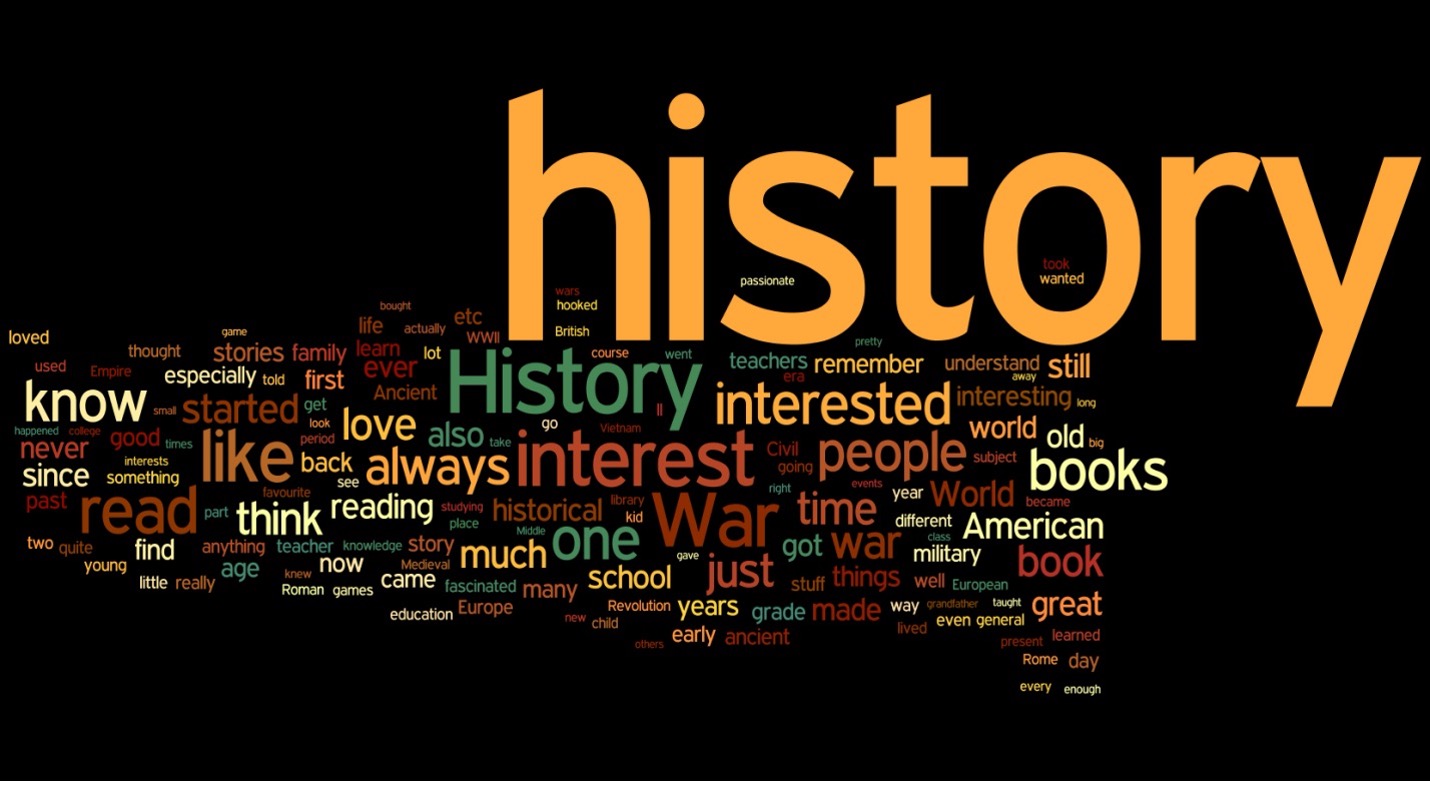
An introduction to the aims of the history major.
Note(s): A prerequisite for the Colloquium. Required for all majors and interdepartmental majors, to be taken in the sophomore or junior years. Open to non-majors with permission of instructor.
HI 298 Artifical Paradises: Drugs, Politics and Society in the Middle West in a Global Perspective
Haggai Ram, Greenberg Middle East Scholar-in-Residence | 1 credit
Starting in the 1990s, trained historians began to forge what historian Paul Gootenberg termed "the new drug history." Until that point, academic interest in criminalized (and licit) drugs was largely limited to those in the biomedical or legal-criminological fields. When historians began to demonstrate in interest in the subject, they delved into the previously untapped archives and analyzed a wide variety of courses using cross-disciplinary cultural and sociological methods in order to understand the modern origins of intoxicants that have rich and complex social, cultural, economic, and political histories. Historical research of these issues offered exciting observations about many societies in the Americas, Europe, Asia, and Africa. By drawing on this literature and on my own research, "Artificial Paradises" provides a vista into the social history of such drugs as coffee, tobacco, cannabis products, and opiates in various Middle Eastern contexts from the Middle Ages to the present. It demonstrates how mind-altering substances became "drugs," the underworlds of users and traffickers, the complex roles of race, gender, and class in the contruction of "addiction," and the place of colonialism and nation-building projects in dispersing drug use and enforcing drug restrictions. At the same time, the course examines "drugs" as a screen on which Middle East societies project their desires and anxieties. A comparison with other regions will provide global perspectives to these issues.
300 level courses
HI 306P The French Revolution
Matthew Hockenos | 4 credits
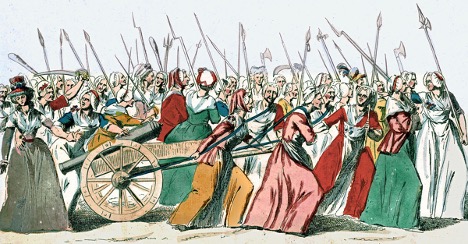
A study of the interpretation of the French Revolution. Conservatives, Liberals, Marxists, Feminists, Post-Modernists, and many others have clashed over how best to understand the French Revolution. Our readings and discussions will focus primarily on these intense struggles of interpretation, which still mark the study of the French Revolution today.
Note(s): Courses at the 300-level are open to sophomores only with permission of the instructor.
HI 316R Empires in India
Tillman Nechtman | 4 credits
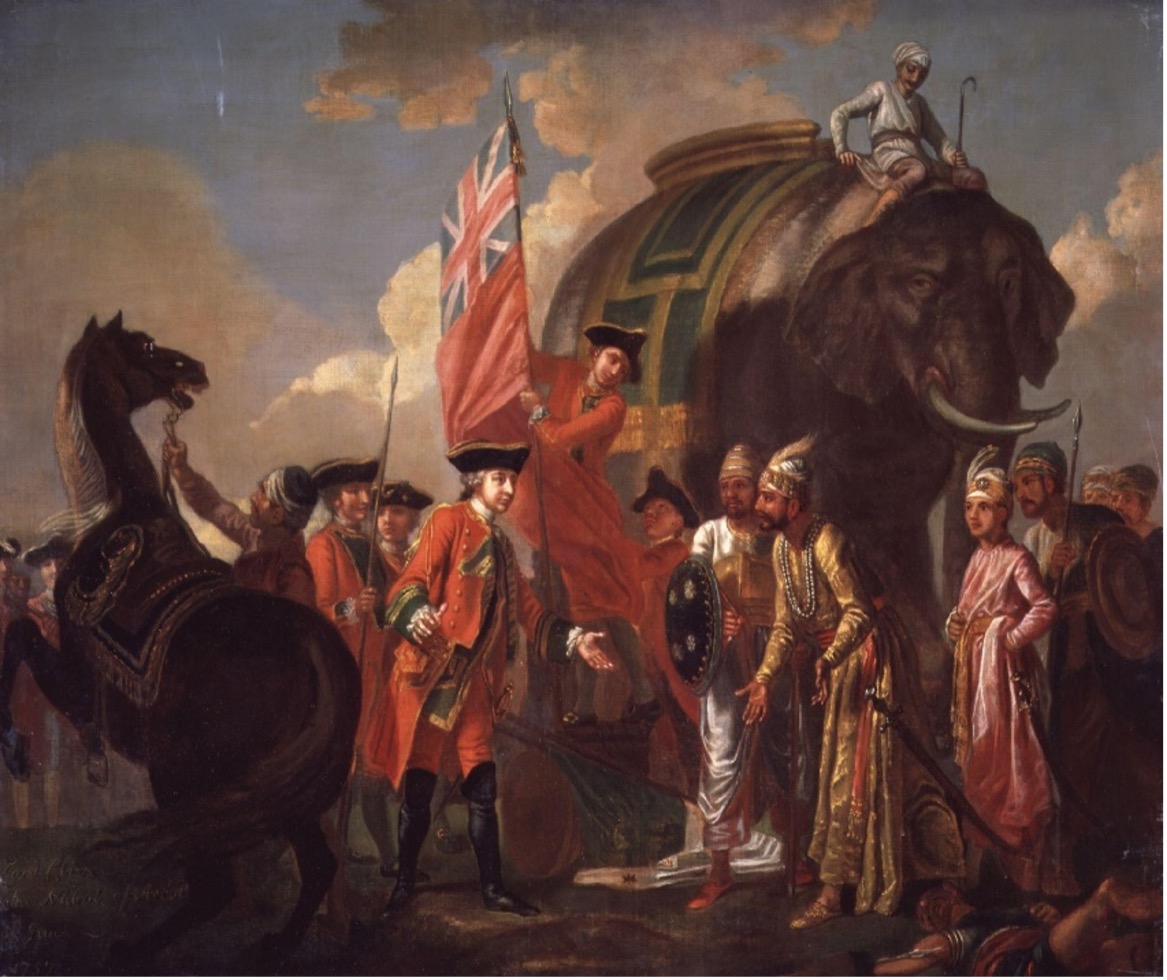
Examines the history of the Indian subcontinent from the late 16th century to the present. Begins with a study of the late Mugal period, moving on to explore the origins off the British empire in India, focusing in particular on the role of the East India Company in that process and on the impacts British imperialism had on British, Indian, and world history. The second half of the course focuses on efforts to pull down the structures of British imperialism in India from the 19th century forward to independence in 1947, including such topics as the origins of Indian nationalism, the complex interaction of various groups involved in decolonization in India, and the early histories of the independent nations that emerged from British India.
Note(s): Courses at the 300-level are open to sophomores only with permission of the instructor. Fulfills Cultural Diversity. Fulfills research requirement for the major.
HI 327R The U.S. in the Progressive Era
Jennifer Delton | 4 credits
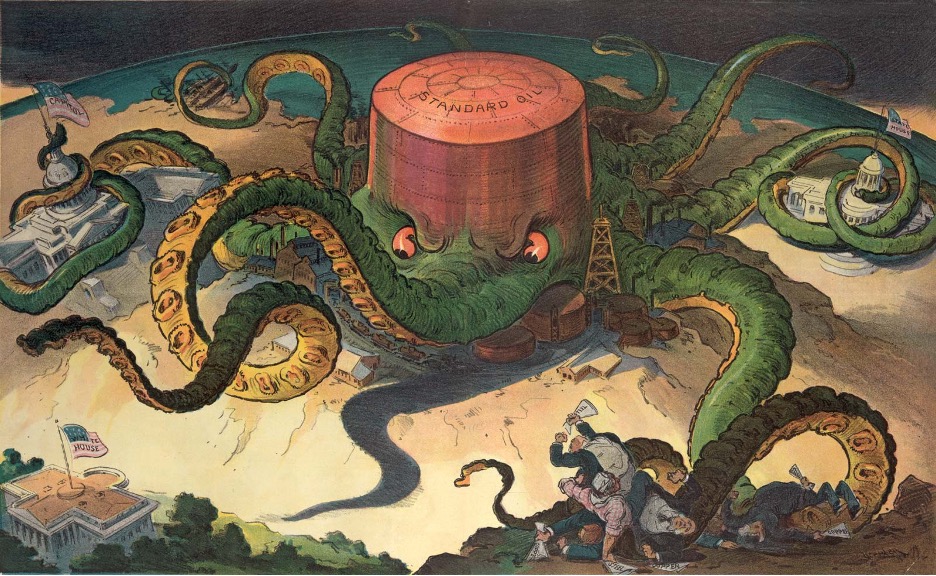
What do socialism, eugenics, imperialism, women's rights, and immigration restriction have to do with progress? Find out in this research seminar that explores how an era of tremendous idealism changed the American political economy.
Note(s): Fulfills research requirement for the major.
HI 344P China's Last Empire: The Glorious Qing (1644-1911)
Jenny Day | 4 credits
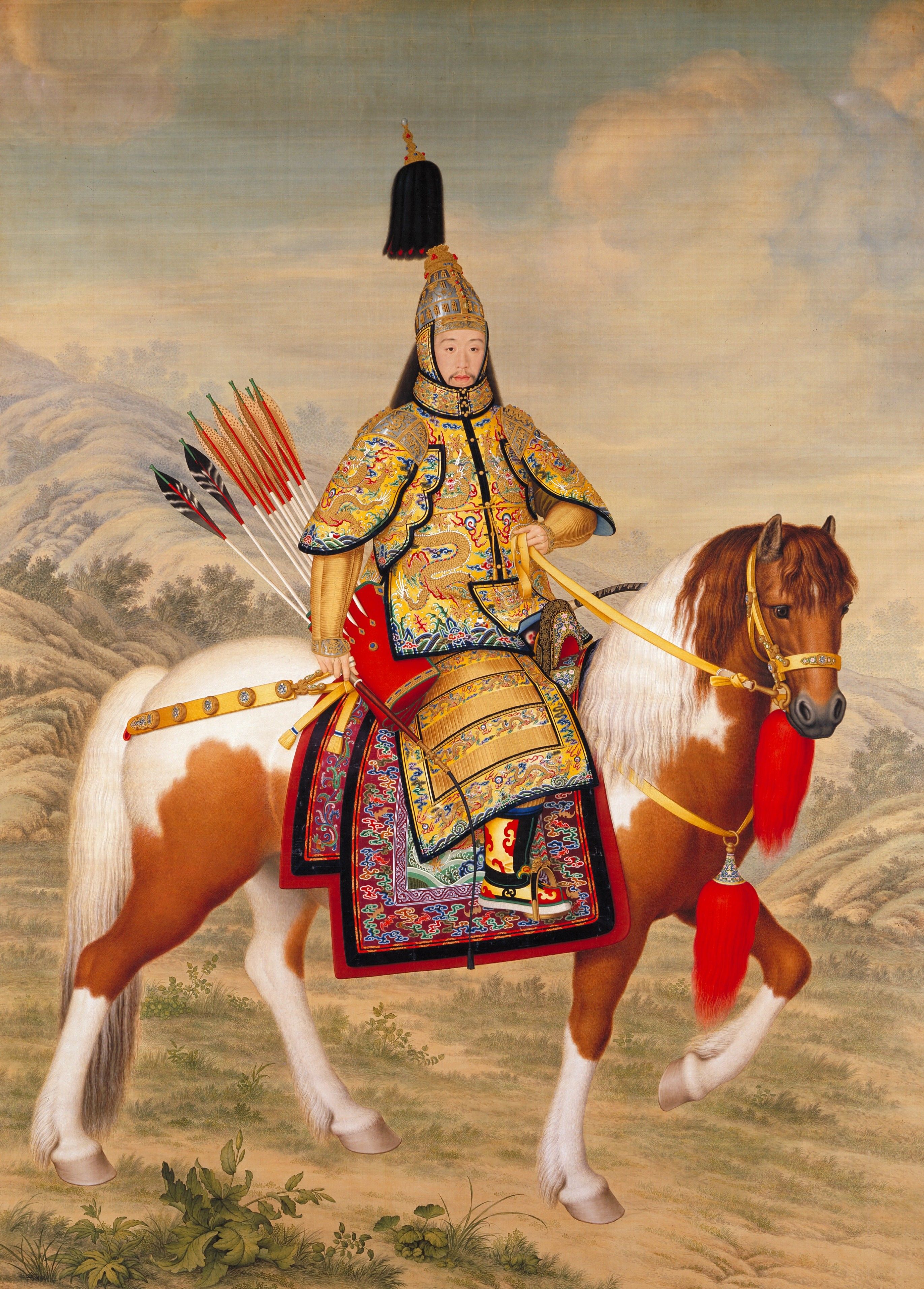
The Qing Empire from 1644 to 1911. A multiethnic empire created by the Manchu confederation from the northeastern borderlands, the Qing expanded into Central Asia, Mongolia, Tibet, and projected a powerful influence in Korea and Souteast Asia. Students will focus on the political, social, cultural, and intellectual aspects of the dynasty and examine the Sino-Western and Sino-Japanese encounters of the 19th and early 20th century, as well as how imperialism and secular crisis led to its decline and demise.
Note(s): Fulfills Non-Western Culture and Social Sciences requirements.
HI 346 Women, Gender, and Sexuality in the Middle East
Murat C. Yildiz | 3 credits
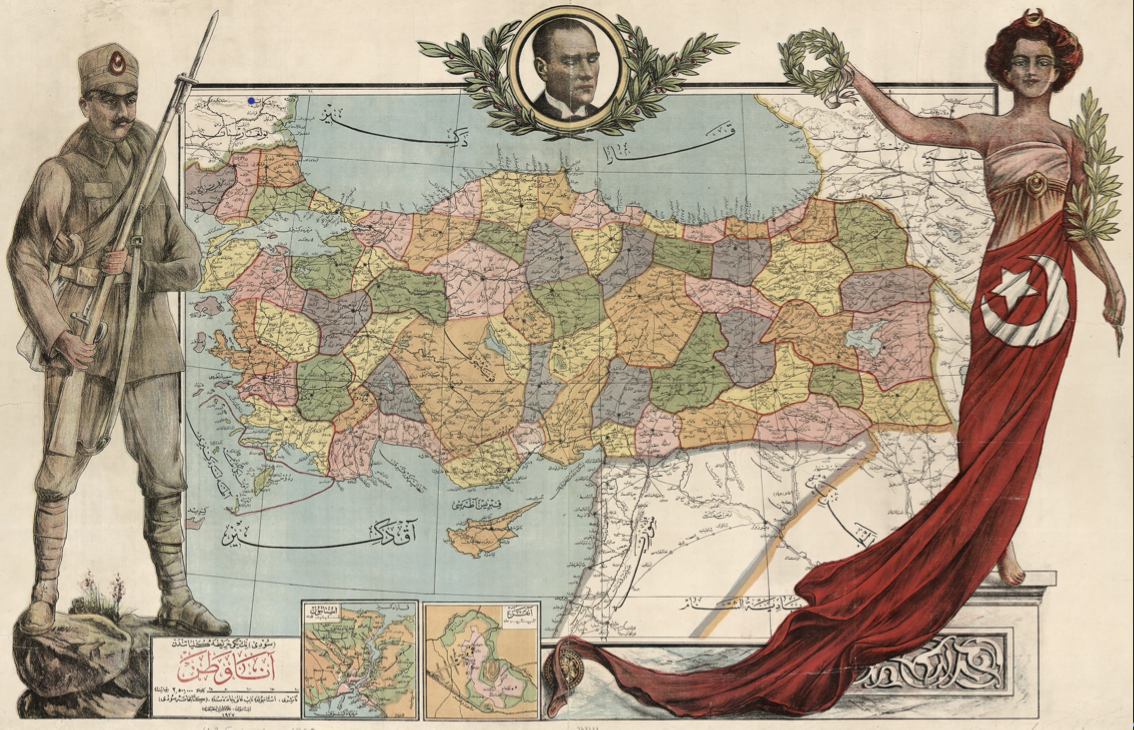
An exploration of the complex historical narratives of women, gender, and sexuality in the broader Middle East in different periods, with a focus on the 19th century to the present. Students will examine the ways in which social, political, and economic transformations shaped the discourses on gender and sexuality and the lived experiences of people across the region. Students will explore a diverse array of topics, such as gender and sexuality in law, marriage and family, gender and sexuality in literature, the Harem, slavery, illicit sex, the rise of women's movements, colonial feminism, the binarization of gender and sexuality, transsexuality, and queer spaces.
Note(s): Fulfills Non-Western Culture and Social Sciences requirements.